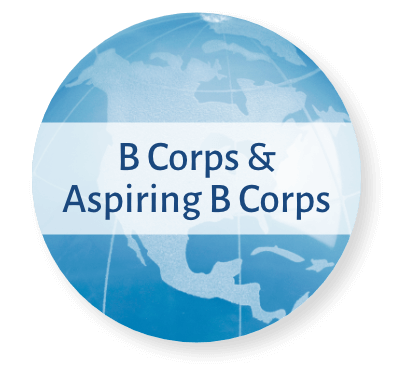A cooperative is an organization that is owned and controlled by its members (for example, those people who use its products, supplies, or services). Cooperatives can vary in their particular purpose, but in all cases, they are formed to meet the specific needs of the members and they adapt to the changing needs of the members. They also tend to embody the seven cooperative principles which were first articulated in Rochdale England in 1844.
If your organization is based on the values of self-help and self-responsibility (at the group level), democracy, equality, equity, and solidarity and your members believe in the ethical values of honesty, openness, social responsibility, and caring for others, then you already embody
Aligned Law can support all the legal needs of your cooperative’s life cycle from entity formation to dissolution. We work closely with other cooperative-friendly organizations like the Sustainable Economies Law Center, Northwest Cooperative Development Center, and the U.S. Federation of Worker Cooperatives to ensure you have access to the most up-to-date advice and resources.

Some examples of different types of cooperatives include:
- Worker cooperatives where the employees both work in the business and own and manage it collectively.
- Consumer cooperatives like your quintessential organic grocery store.
- Marketing cooperatives where members collectively market and sell their products and services.
Aligned Law can assist with:
- Groups forming a new cooperative entity or restructuring an existing one.
- Employees purchasing a business from its retiring owner and converting that business to a worker-owned cooperative.
- Challenging governance questions that may arise in organizations that use Sociocracy or other consensus-based decision-making processes.
We Also Serve:
Interested in learning
how we can help your cooperative?
Contact us to schedule a
complimentary consultation.

